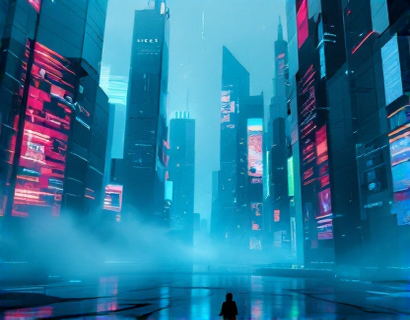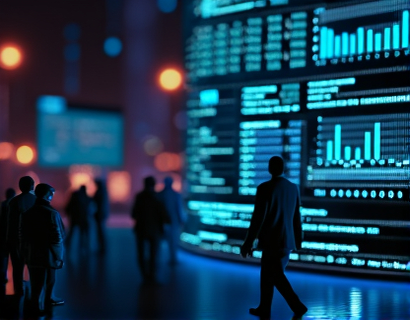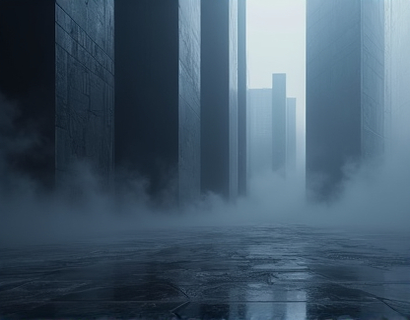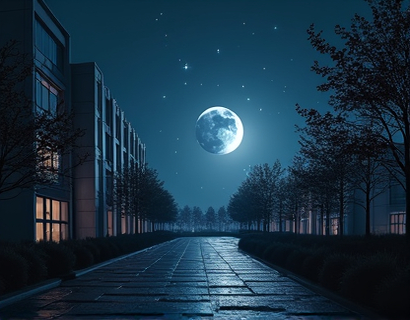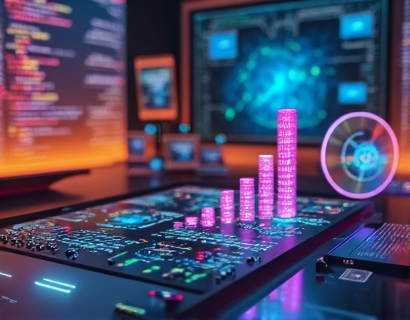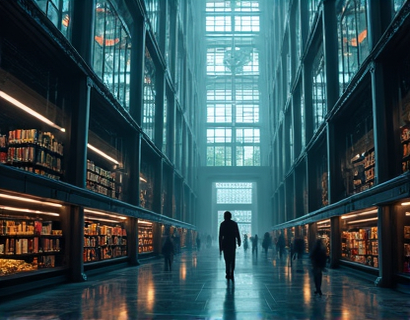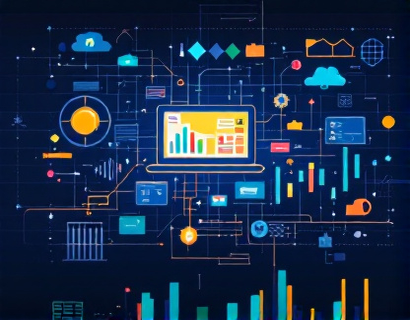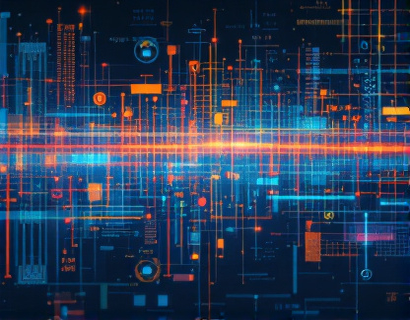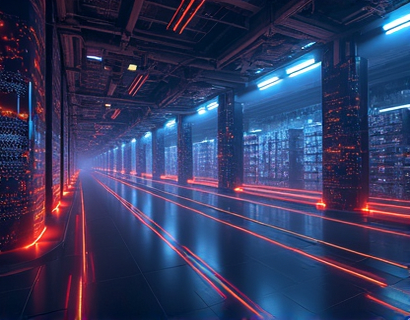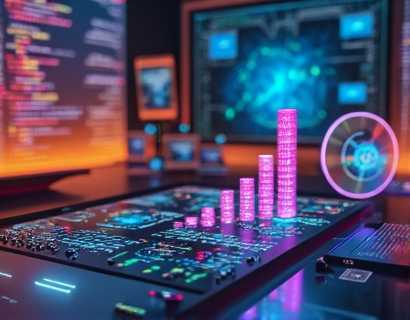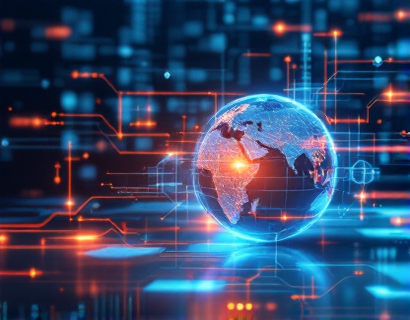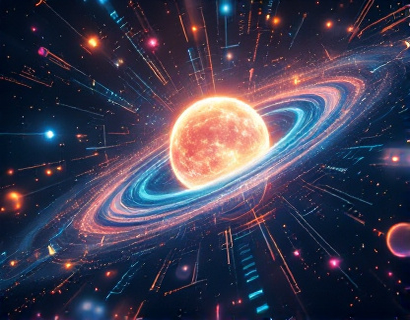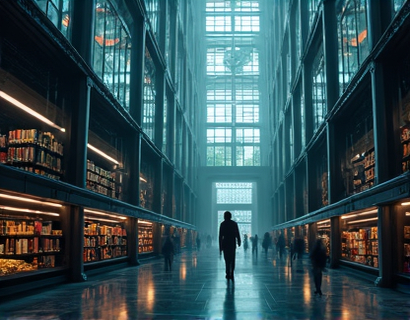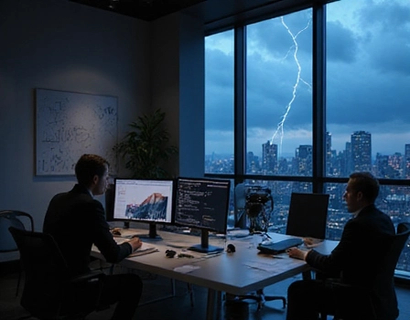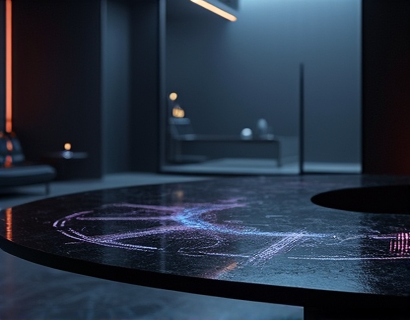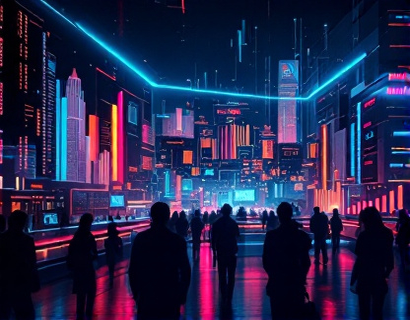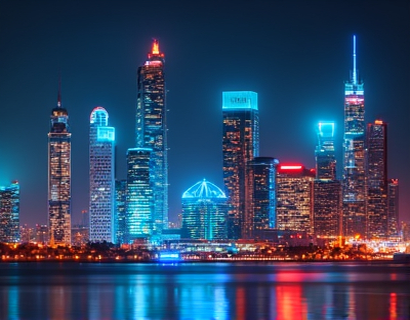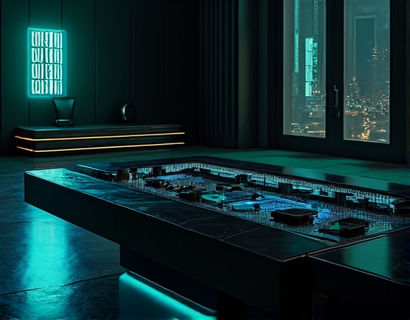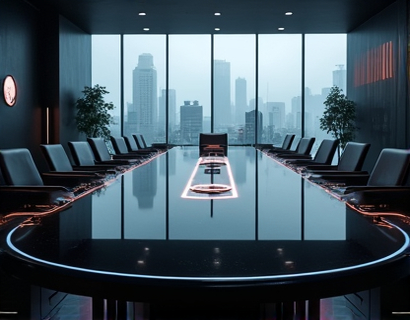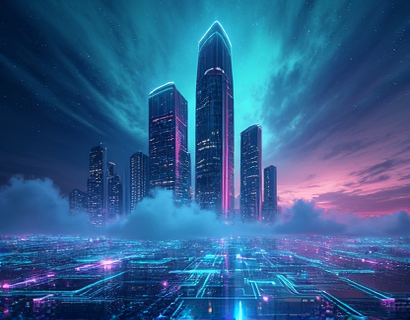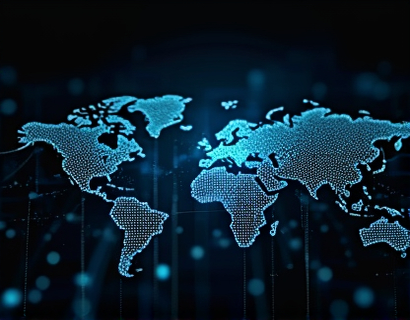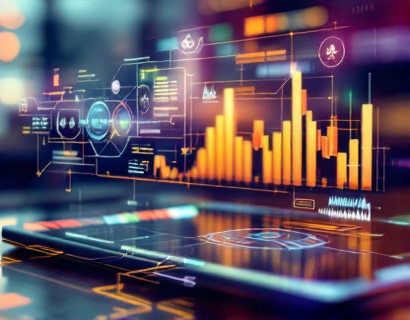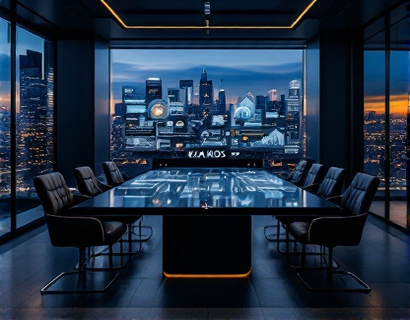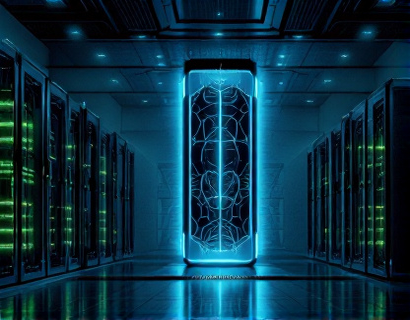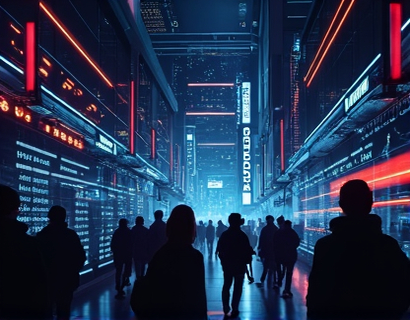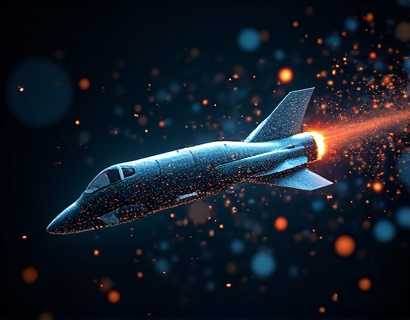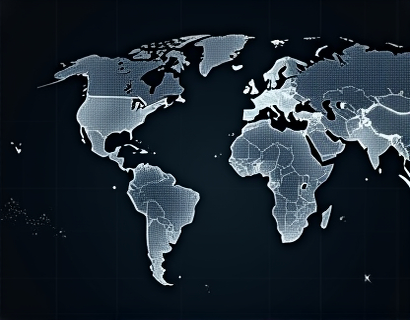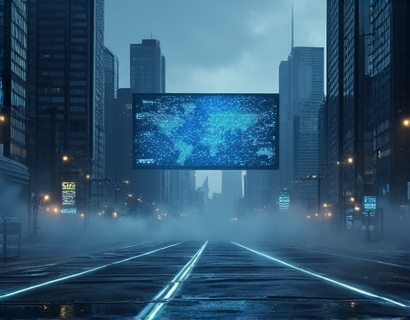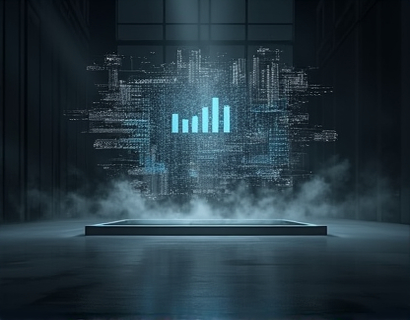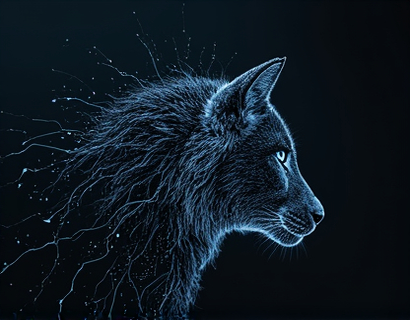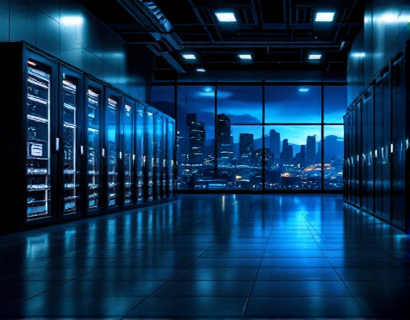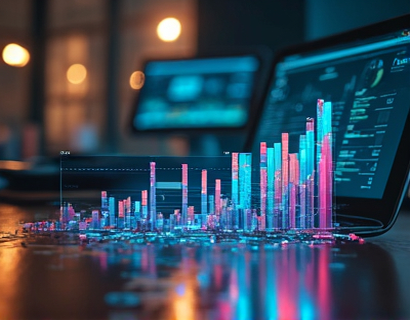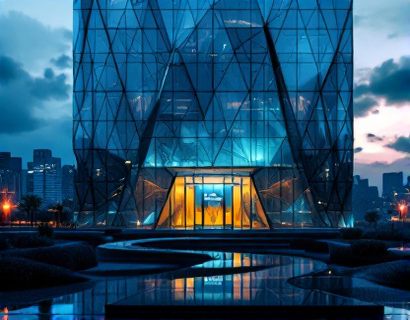AI-Powered Creativity Transformation: Revolutionizing Film, Music, and Gaming Production with Advanced Technology Solutions
The entertainment industry is undergoing a profound transformation driven by the integration of Artificial Intelligence (AI) technology. This shift is not merely an incremental update but a revolutionary change that is redefining how creativity is expressed, production processes are optimized, and projects are managed. For filmmakers, musicians, and game developers, AI offers advanced solutions that enhance creativity, streamline workflows, and set new industry standards. This article delves into the ways AI is reshaping the core aspects of these creative fields, providing insights and examples that highlight the potential and current impact of these technologies.
Enhancing Creativity with AI
Creativity is the lifeblood of the entertainment industry, and AI is becoming an invaluable ally in this domain. In film production, AI algorithms can analyze vast amounts of data to suggest storylines, character developments, and even scriptwriting improvements. For instance, AI can generate plot twists by learning from successful films and identifying patterns that resonate with audiences. This capability allows writers and directors to explore new narrative possibilities they might not have considered otherwise.
In the music industry, AI tools can compose music, create beats, and even generate lyrics. These tools analyze existing music genres and styles to produce original content that can inspire human creators or stand alone as unique pieces. For example, AI-generated music has been used in films and video games to create immersive soundscapes that adapt to the on-screen action, enhancing the emotional impact of the scenes.
In gaming, AI can design levels, create non-playable characters (NPCs) with dynamic behaviors, and even generate procedural content that ensures each player's experience is unique. This not only saves time and resources but also pushes the boundaries of what is possible in game design, allowing for more complex and engaging worlds.
Optimizing Production Processes
AI is not just a creative tool; it is also a powerful optimizer of production processes. In film production, AI can streamline pre-production by automating tasks such as location scouting, scheduling, and budgeting. Machine learning algorithms can predict the best locations based on factors like availability, cost, and logistical feasibility, saving time and resources. Similarly, AI can optimize shooting schedules by analyzing weather patterns, crew availability, and equipment readiness, ensuring that production runs smoothly and efficiently.
Post-production is another area where AI shines. AI-powered editing tools can analyze raw footage and suggest cuts, transitions, and even color grading to enhance the final product. These tools learn from successful edits and can apply similar techniques to new projects, reducing the time and expertise required for manual editing. AI-driven visual effects (VFX) can also automate complex tasks, such as motion capture and environment integration, making high-quality VFX more accessible and affordable.
In the music industry, AI can automate mixing and mastering processes, ensuring consistent sound quality across tracks. AI algorithms can analyze the audio spectrum, adjust levels, and apply effects to achieve professional results quickly. This not only speeds up the production timeline but also allows musicians and producers to focus on more creative aspects of their work.
For game developers, AI can optimize asset management and resource allocation. AI systems can predict which assets are most likely to be used and prioritize their loading, reducing lag and improving performance. Additionally, AI can assist in testing and quality assurance by simulating player behaviors and identifying potential bugs or issues, ensuring a smoother and more polished final product.
Streamlining Project Management
Project management in creative industries is complex, involving multiple stakeholders, tight deadlines, and high stakes. AI is revolutionizing this aspect by providing sophisticated tools that enhance collaboration, track progress, and predict potential issues. AI-driven project management platforms can integrate with various tools and software used in film, music, and gaming production, creating a seamless workflow.
These platforms use natural language processing (NLP) to analyze communication, such as emails and chat messages, to summarize key points, assign tasks, and set deadlines. This reduces the administrative burden on project managers and ensures that everyone is on the same page. AI can also predict project timelines and resource needs based on historical data, helping teams plan more effectively and avoid bottlenecks.
In film production, AI can monitor the progress of different departments, such as cinematography, sound design, and editing, and provide real-time updates to the production team. This ensures that any delays or issues are identified and addressed promptly, keeping the project on track. For music projects, AI can track the progress of songwriting, recording, and mixing, offering insights into which stages are taking longer than expected and suggesting ways to expedite the process without compromising quality.
In gaming, AI can manage the development of multiple game modes and features simultaneously, ensuring that each component is progressing as planned. AI can also facilitate better communication between different teams, such as art, programming, and design, by providing a centralized platform for task management and feedback.
Setting New Industry Standards
The integration of AI in film, music, and gaming is not just about improving existing processes; it is about setting new industry standards. As these technologies become more advanced and widely adopted, they are raising the bar for what is considered high-quality work. Filmmakers are using AI to create more nuanced and realistic characters, musicians are pushing the boundaries of musical composition, and game developers are crafting more immersive and dynamic worlds.
These advancements are leading to a new era of storytelling and entertainment. AI-generated content can cater to diverse audiences, creating personalized experiences that resonate on a deeper level. For example, AI can analyze viewer preferences and generate content that aligns with their tastes, making media consumption more engaging and satisfying.
The use of AI in creative processes also opens up opportunities for underrepresented voices in the industry. AI tools can help level the playing field by providing resources and support to emerging artists who may not have access to traditional funding or mentorship. This democratization of creativity has the potential to bring fresh perspectives and innovative ideas to the forefront, enriching the entertainment landscape.
Challenges and Considerations
While the benefits of AI in the entertainment industry are significant, there are also challenges and considerations that need to be addressed. One of the primary concerns is the potential loss of jobs due to automation. However, rather than replacing human creatives, AI is more likely to augment their capabilities, allowing them to focus on higher-level tasks that require human intuition and emotional intelligence.
Another consideration is the ethical use of AI. Ensuring that AI-generated content respects copyright laws, avoids bias, and promotes diversity is crucial. The industry must establish guidelines and best practices to govern the use of AI, ensuring that it enhances rather than undermines the creative process.
Data privacy and security are also paramount. AI systems rely on vast amounts of data, including sensitive information about creators and audiences. Protecting this data from breaches and misuse is essential to maintaining trust and integrity in the industry.
Conclusion
The integration of AI in film, music, and gaming production is transforming the entertainment industry in profound ways. By enhancing creativity, optimizing production processes, and streamlining project management, AI is enabling professionals to achieve exceptional results and set new industry standards. As these technologies continue to evolve, they will undoubtedly open up new possibilities and drive further innovation. The key is to embrace these advancements while addressing the challenges and ensuring that the human element remains at the heart of creative expression.



